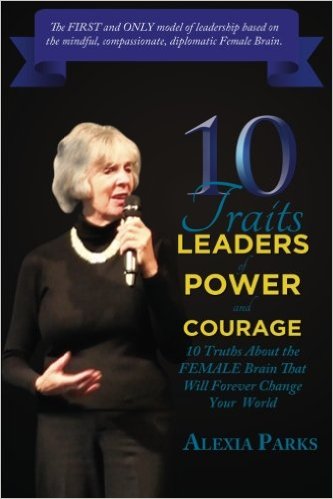If you remember the horror movie Hotel Rwanda – then you might be shocked to learn that almost “overnight” the country of Rwanda has now become a 21st Century model of prosperity and opportunity for its citizens. Now referred to as the “Switzerland” of Africa, its female run institutions are the focal point of an international conference hosted by the Zurich-based Women In Parliaments organization on how women’s participation in public life can lead to a peaceful state.
Rwanda, under the leadership of President Paul Kagame, now ties the United States as the ninth-easiest country in which to start a business, according to the World Bank’s 2011 Doing Business Survey. It also ranks number one in the world in terms of the number of women in parliament.
In 2012, I named a non-profit organization 56percent.org in honor of the fact that Rwanda led the world with 56% of its members of Parliament, women. Now two years later, still ranking #1 in the world that number has jumped to an astonishing 64% women leaders in Parliament.
To learn how one of the poorest countries in the world, making only $10 million a year from sales of coffee and tea – with no gold, diamonds, or oil – could emerge from this violence to become the recipient of an award from the World Bank for rising up the development scale “faster than any country in history,” I turned to Colorado architect, Carl Worthington.
In only one year, Worthington says, the African country of Rwanda rose 100 points up the development scale, from a global ranking of 167, to 67. He knows this fact from personal experience, because a few years ago, he was asked to escort Dr. Aisa Kirabo, then mayor of Rwanda’s capital city, Kigali, to a World Bank ceremony where she accepted the award for her country.
Worthington, the soft-spoken 75-year-old director of urban design at OZ Architecture, first began to think about Rwanda back in 2003 when he accepted an invitation from Rwandan President Kagame to develop a master plan for their capital city of Kigali. He calls the complex sustainable, mixed use master plan that he developed for the city, his masterpiece. Previously, Worthington led the development of the Denver Technological Center, Westminster Promenade, and Pearl Street Mall in Boulder.
Rwanda’s new economy, Worthington explains, is based on putting the country’s vast intellectual capital to work, sustainably, not on subsistence farming.
His master plan includes three key elements: an expanded King Faisal National Hospital System, a new Capital City for one million people adjacent to Kigali, and a new international airport. In addition, the country has already been designated the Air Control Center for all of Africa because of its high altitude.
For Rwanda, the list of collaborators in this decade-long venture shows how innovative entrepreneurship and investment capital can be focused and rapidly deployed for country-wide benefit.
After Worthington, the first businessman to step forward was John Dick. Dick brought international capital from all over the world to the table, including two London banks. He also attracted world foundations such as the Clinton Foundation. Chicago’s Joe Riche, stepped in as CEO of the Rwandan Development Board, and then served as co-chair of the Presidential Advisory Council for Kagame.
Over the years, Colorado has become the largest support center in the world for Rwanda. In addition to the OZ master plan for Kigali, which is now managed in Colorado by Steve Brooks, and in Rwanda by their new planning director, Donna Rubinoff, a former professor of geography at the University of Colorado, support has also come from a collaboration of local businesses and non-profits. These include Sun Microsystems, Liberty Global Inc., C.U.R.E., and Engineers without Borders.
Liberty Global’s John Malone, for example, helped put together fiber optic wire for the entire country, and Denver’s Gaylord Layton oversaw the deployment of a satellite system called O3B to deliver information and education to “the other third billion” in Africa.
Even Singapore, which has exactly the same footprint as Kigali, is getting involved. Considered one of the safest cities in the world, where women’s rights, housing and education are given a high priority, Singapore is now working with OZ in Rwanda as their planning and development mentor.
Can Rwanda’s rapid rise be role modeled elsewhere in the world? Ask the players who made it happen. To these global collaborators, it’s a new economy game that makes more sense than war.
Alexia Parks is a virtual mentor for the United Nations UN-Habitat, a science journalist, and a communications technology entrepreneur whom Newsweek magazine called “one of 50 people who matter most on the Internet.” She uses communication technology and the New Science of the female brain to inspire and motivate a new generation of leaders.


